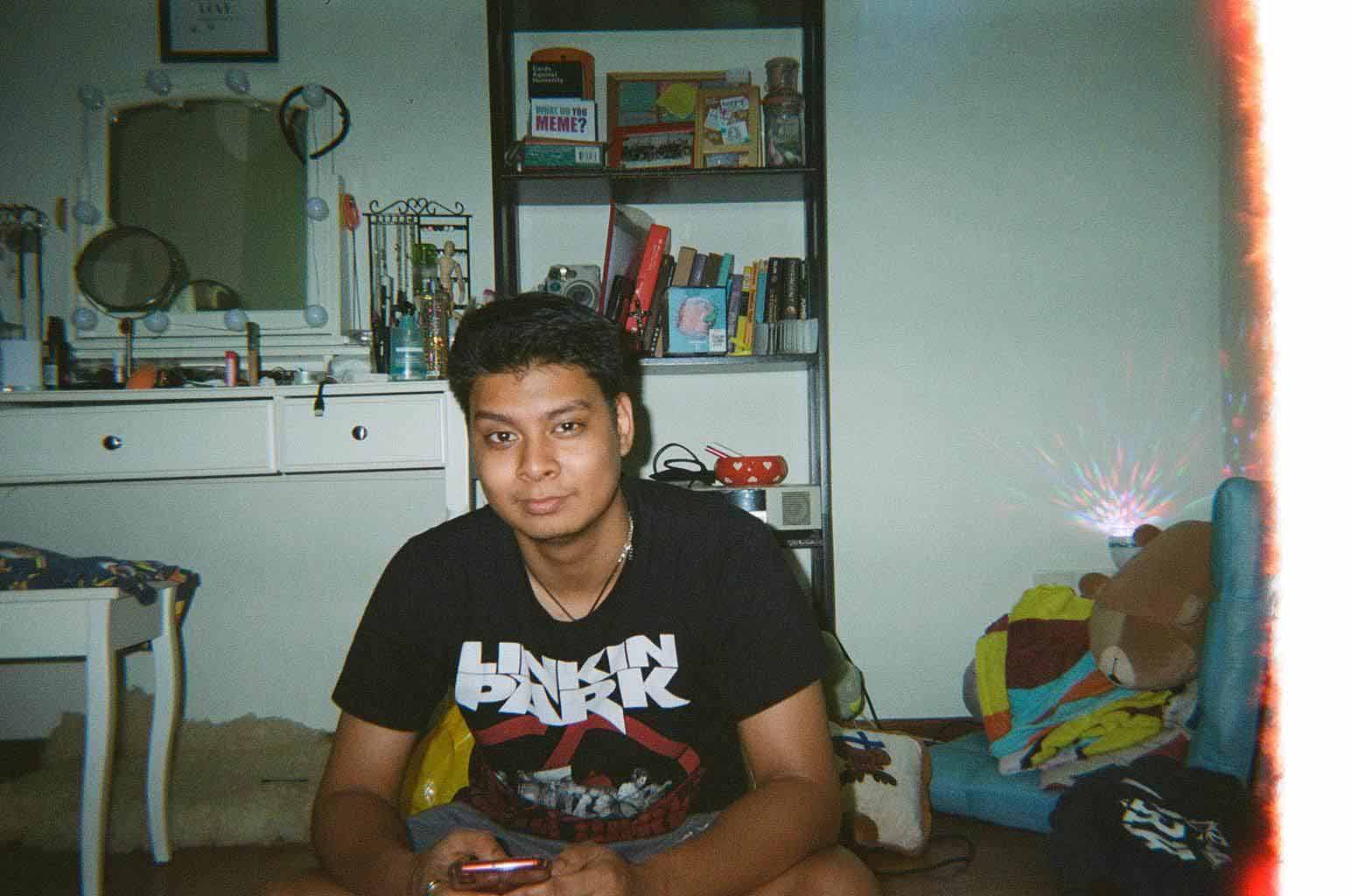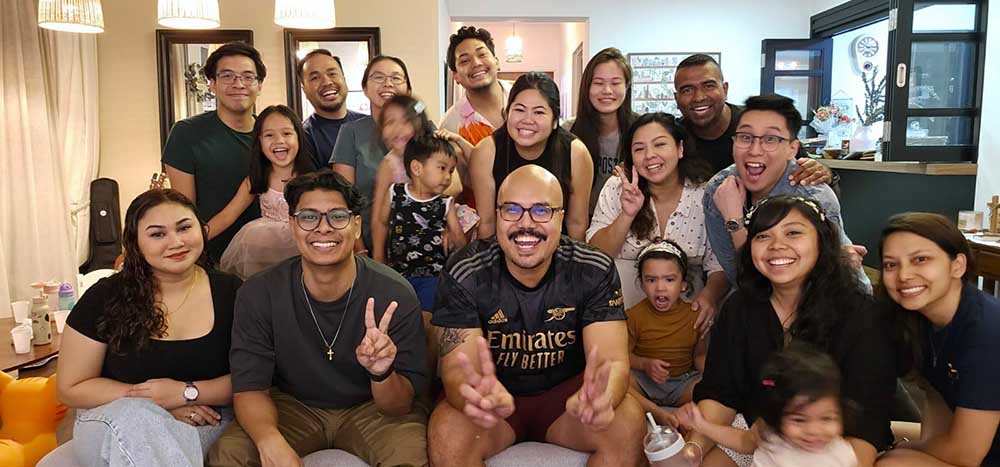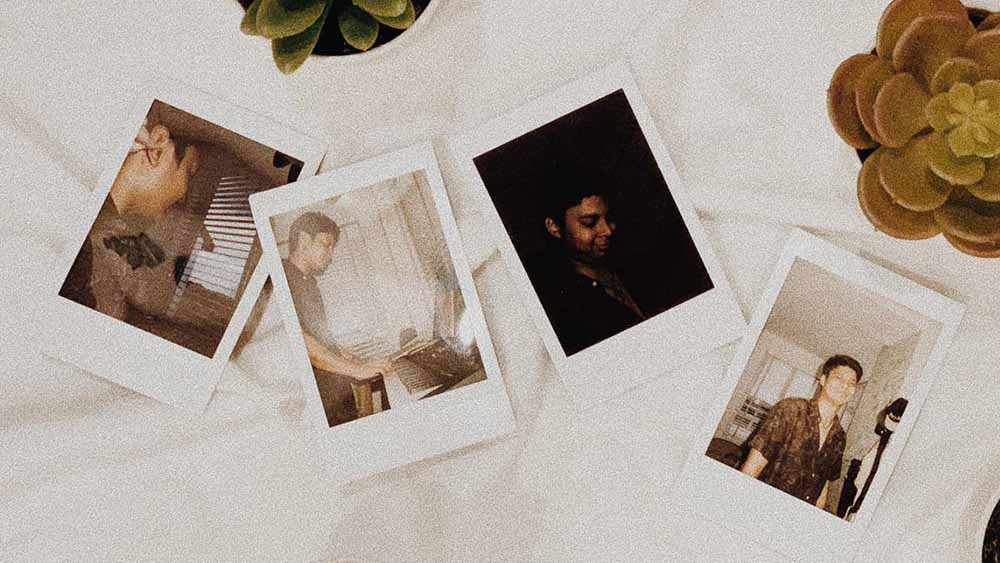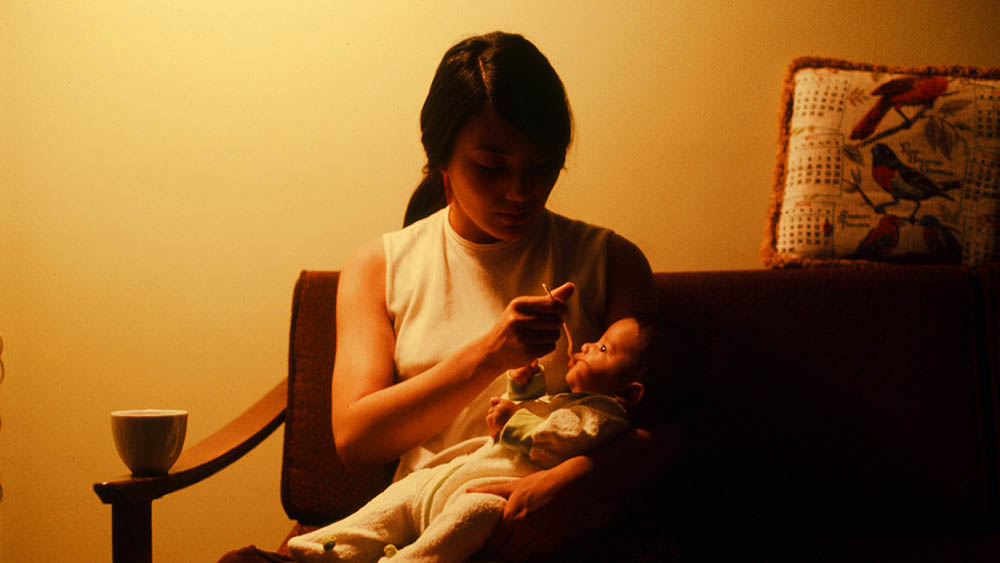When He Was On The Brink Of Despair, An Anonymous Text Became A Lifeline
WARNING: This article makes mention of depression and suicidal ideation
Scroll through the Instagram feed of vocal trio Third Degree, and you’ll notice that tenor Ashley Gerard Perry, 25, sings with confidence in his eyes and a smile on his lips.
But just a few years ago, in the thick of the COVID-19 pandemic, Perry grappled with an overwhelming sense of despair.
“As a performer, not being able to get out there and perform on stages definitely took a big hit on my mental health as I missed performing with my friends in front of people as a form of escapism,” Perry shared, when sharing about his journey ahead of World Mental Health Day on 10 October.
“[My thoughts] were mostly suicidal as I felt like I couldn’t do anything. I felt useless and unworthy to continue living as I thought maybe the world won’t care if I did not exist.”
Today Perry serves as an ambassador for Beyond The Label (BTL), a nationwide initiative spearheaded by the National Council of Social Service and TOUCH Community Services to de-stigmatise mental health conditions and promote social inclusion for persons who have them. He also works as a retail assistant while making music with his friends.
Yet behind the music and day-to-day life, Perry's journey to becoming a mental health advocate was marked by personal battles that began long before the pandemic brought them to the surface.
 IMAGE: ASHLEY GERARD PERRY
IMAGE: ASHLEY GERARD PERRY
Early struggles and the pandemic's impact
Perry first began experiencing symptoms of depression and anxiety as a youth in secondary school, but things worsened significantly before the pandemic when he went through a painful breakup. The isolation of lockdown intensified his emotional turmoil.
“[Before the pandemic] I loved to hang out with my friends to keep me distracted and busy, and being with people who felt the same way made me feel like I wasn’t alone," he recalled. "[But when COVID hit] I couldn’t see or visit anyone during the early stages of lockdown. I needed that company, and video calling was just not enough for me. I was also going through a breakup that happened recently so that was the fuel that added to the already big fire.”
Reaching out for help
It was during one of these dark nights that Perry reached out to CHAT, a mental health service for young people provided by the Institute of Mental Health (IMH), after nearly losing hope.
“One night, the thoughts got really bad, and I almost decided to end it all. But I gained enough courage to reach out to anyone. That was when I found CHAT,” he said. The person who responded, though a stranger, offered empathy and support, becoming an unexpected lifeline.
Through CHAT, Perry eventually connected with TOUCH Community Services, where he embarked on a year-long counseling journey, marking a turning point in his life.
“The counselor gave me many ways to deal with my issues, but the most important lesson I learned was that there are some things I can’t control—and that’s okay. But for the things I can control, I can do something about them,” Perry explained. “That lesson changed my life forever, and I still use it today.”
 Perry credits his family, especially his brother (pictured on his right) and his girlfriend (pictured on his left) for helping him whenever his needs them, but especially when he was undergoing a personal crisis | IMAGE: ASHLEY GERARD PERRY
Perry credits his family, especially his brother (pictured on his right) and his girlfriend (pictured on his left) for helping him whenever his needs them, but especially when he was undergoing a personal crisis | IMAGE: ASHLEY GERARD PERRY
A support system of loved ones: indispensible to healing and growth
Perry’s recovery was also heavily supported by his loved ones. His mother, girlfriend, and close friends played an essential role in helping him heal.
“They are and will always be my biggest pillars of support. They’re always there to lend a listening ear when I need to release tension, and they understand what I go through without treating it like a stigma,” he shared. “The friends I keep today have similar journeys, so we keep track of each other and reach out whenever we need it.”
Today, Perry’s recovery journey looks vastly different. Thanks to the help he received, he’s learned to reflect on his thoughts and emotions with greater clarity.
“I’m able to analyse and reflect on what I’m feeling whenever I need to. The lessons I’ve learned have been such a game changer compared to how I was before getting help,” he said.
Maintaining his mental well-being is now a key part of Perry’s daily life and routines.
“Meditation is important for me. I do it in many ways, mainly through my music. Sometimes I just sing my feelings out or write them down into a song. It helps me channel everything,” he explained. “Sometimes I watch calming videos or play music to get into a zen mode, just to keep everything out for a while.”

IMAGE: ASHLEY GERARD PERRY
Becoming a support for others
Perry’s personal journey has also inspired him to help others facing similar struggles. He often finds himself becoming a “walking counsellor” for his friends.
“There are many of my friends who experience the same issues as I did, and I always try my best to talk to them and help them get through it. They’re usually grateful for my help,” he shared. “I even call them once in a while or meet up to check in. It’s something I didn’t do when I was going through my own struggles because I tended to shut people out.”
When asked what advice he finds himself giving most often to those who are struggling, Perry’s response is simple yet profound: “Don’t worry too much. There will always be a way out, no matter the obstacle.”
Advocating for mental health as a Beyond the Label Ambassador
As a Beyond The Label (BTL) ambassador, Perry hopes to change societal views on mental health. His role involves promoting mental health awareness and encouraging people not to be ashamed of their struggles.
“People shouldn’t be ashamed to speak out about their mental health struggles. It’s not a weakness, even though society often views it that way.”
“I hope to encourage others struggling with life’s challenges that help is available. Recovery is possible.”
For the latest updates on Wonderwall.sg, be sure to follow us on TikTok, Telegram, Instagram, and Facebook. If you have a story idea for us, email us at [email protected].











